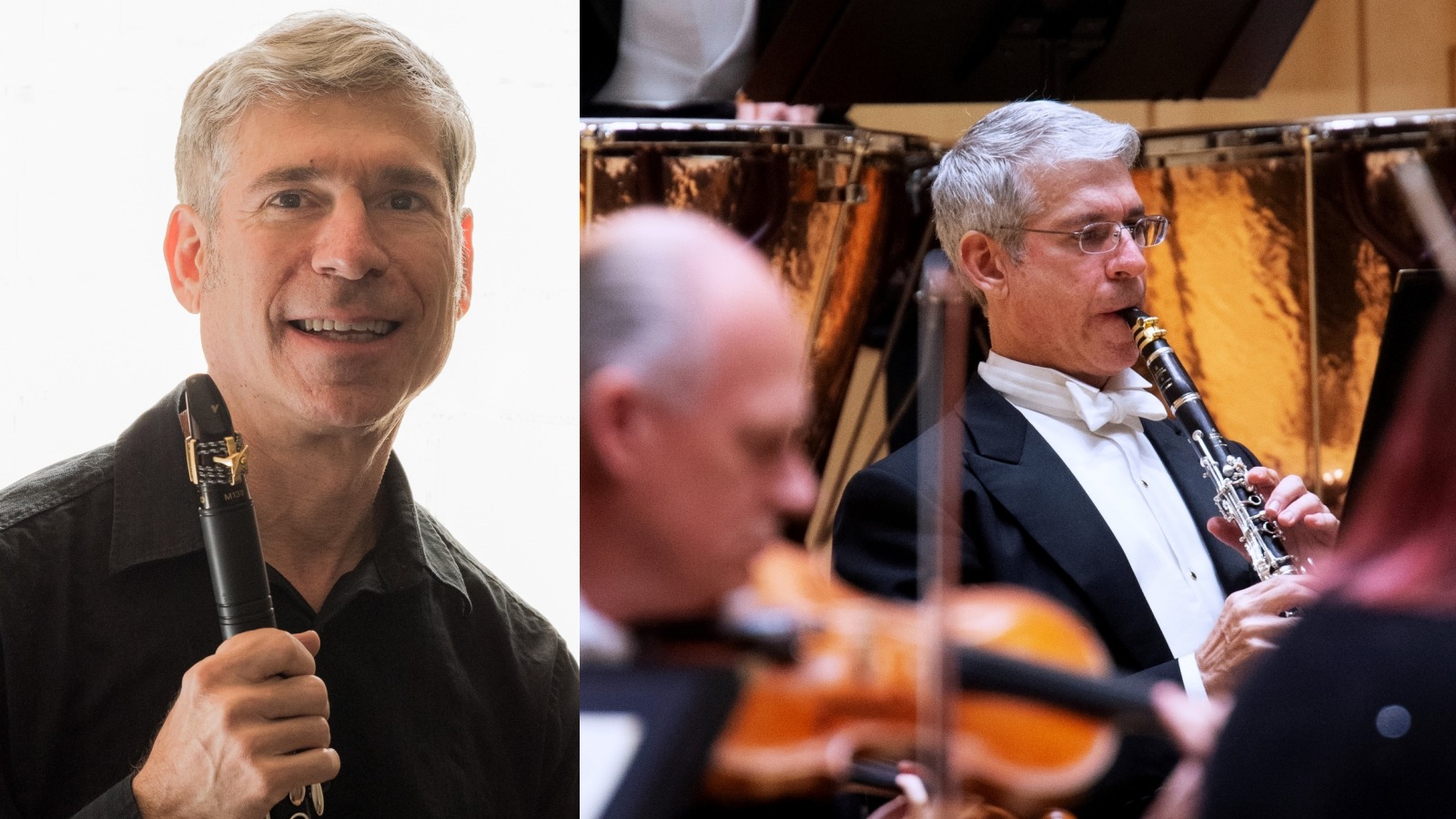
Photo credit: Jiyang Chen
|
A composer, violinist, and educator, Jessie Montgomery's music melds the classical tradition with elements of folk music, spirituals, improvisation, language, and social justice. As a rising star in today's classical music scene Jessie has made a name for herself composing works that have been described as "turbulent, wildly colorful and exploding with life" (The Washington Post). Jessie was born and raised in Manhattan's Lower East Side in the 1980s during a time when the neighborhood was at a major turning point in its history. Artists gravitated to the hotbed of artistic experimentation and community development. |
Her parents - her father a musician, her mother a theater artist and storyteller - were engaged in the activities of the neighborhood and regularly brought Jessie to rallies, performances, and parties where neighbors, activists, and artists gathered to celebrate and support the movements of the time. It is from this unique experience that Jessie has created a life that merges composing, performance, education, and advocacy.
Through her music, Montgomery often explores the theme of what it means to be an American (especially a Black woman in America), her heritage, and what her parents have experienced in this country.
"My privilege [to be able to compose and make art] comes from my parents having fought through the civil rights movement," Montgomery said in a 2016 interview with New Music USA. "My mom was very active, actually, and she was in many of the protests, and my dad, just being a rogue artist, that's an act of protest in itself - but it's just this idea that I came from that period, the political changes that happened during that time, so that's what it means to me, to be an American."
Montgomery's work, Starburst, was commissioned by the Sphinx Organization and premiered by its resident Sphinx Virtuosi in 2012. Montgomery writes:
"This brief one-movement work for string orchestra is a play on imagery of rapidly changing musical colors. Exploding gestures are juxtaposed with gentle fleeting melodies in an attempt to create a multidimensional soundscape. A common definition of a starburst, 'the rapid formation of large numbers of new stars in a galaxy at a rate high enough to alter the structure of the galaxy significantly,' lends itself almost literally to the nature of the performing ensemble that premiered the work, the Sphinx Virtuosi, and I wrote the piece with their dynamic in mind."
Hear Jessie Montgomery's Starburst performed by your Charlotte Symphony - streamed live from the Knight Theater on Saturday, Feb. 6 at 7:30 pm (watch through Feb. 13). >> Details










